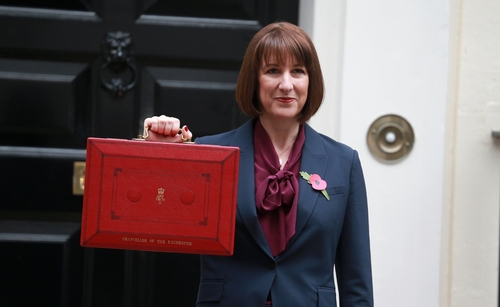Corporate Insolvency
Home » Recovery & Insolvency »
Corporate insolvency occurs when a company’s liabilities and debts outweigh the value of their assets. This typically leads to the company being unable to meet debt repayment obligations. While insolvency may seem daunting, it can also serve as a turning point for strategic transformation. At RMT, we specialise in helping businesses navigate these challenges with tailored solutions.
Explore Alternatives to Insolvency
A corporate insolvency scare will not necessarily result in a business liquidation so it’s important to be aware of other options which may be more suitable. It is essential to explore a range of alternative solutions that may be more appropriate for your specific circumstances. Many businesses not only recover from insolvency but also use the process as a catalyst for strategic and positive transformation.
Dedicated to Your Business’s Recovery
At RMT, our experienced corporate insolvency practitioners always seek to achieve the survival of a company to protect the business, its employees, its suppliers and customers.
We will always look at restructuring options first. When those have been exhausted, we will only then recommend looking at the formal insolvency process.
Take the First Step
Don’t let insolvency fears jeopardise the future of your business. Contact us today for a complimentary consultation. Let our expert team help you identify the underlying issues and explore the most effective solutions to ensure the longevity and prosperity of your company.
Initial meetings are free so that we can discover the problems the business is experiencing without subjecting it to additional financial burden. We will continue work with you to identify the issues and provide clear and practical advice on the options available.
Common options for businesses include:
- Compulsory liquidation (CWU)
- Creditors’ voluntary liquidation (CVL)
- Administration (ADM)
- Company Voluntary Arrangement (CVA)
In this section
- Accountants Guide To Members Voluntary Liquidation (MVL)
- Compulsory Winding Up (CWU)
- Creditor Report Portal
- Creditors Voluntary Liquidation (CVL)
- Time To Pay Arrangement With HMRC
- Informal Insolvency Advice
- Advice to Directors
- Rescue & Restructuring
- What Does Compulsory Strike Off Mean For A Company?
- Corporate Insolvency
- Advice to Secured Lenders
- Company Voluntary Arrangements (CVA)
- Personal Debt Services & Solutions
- Individual Voluntary Arrangements
- Bankruptcy Services
- Recovery and Insolvency Testimonials




